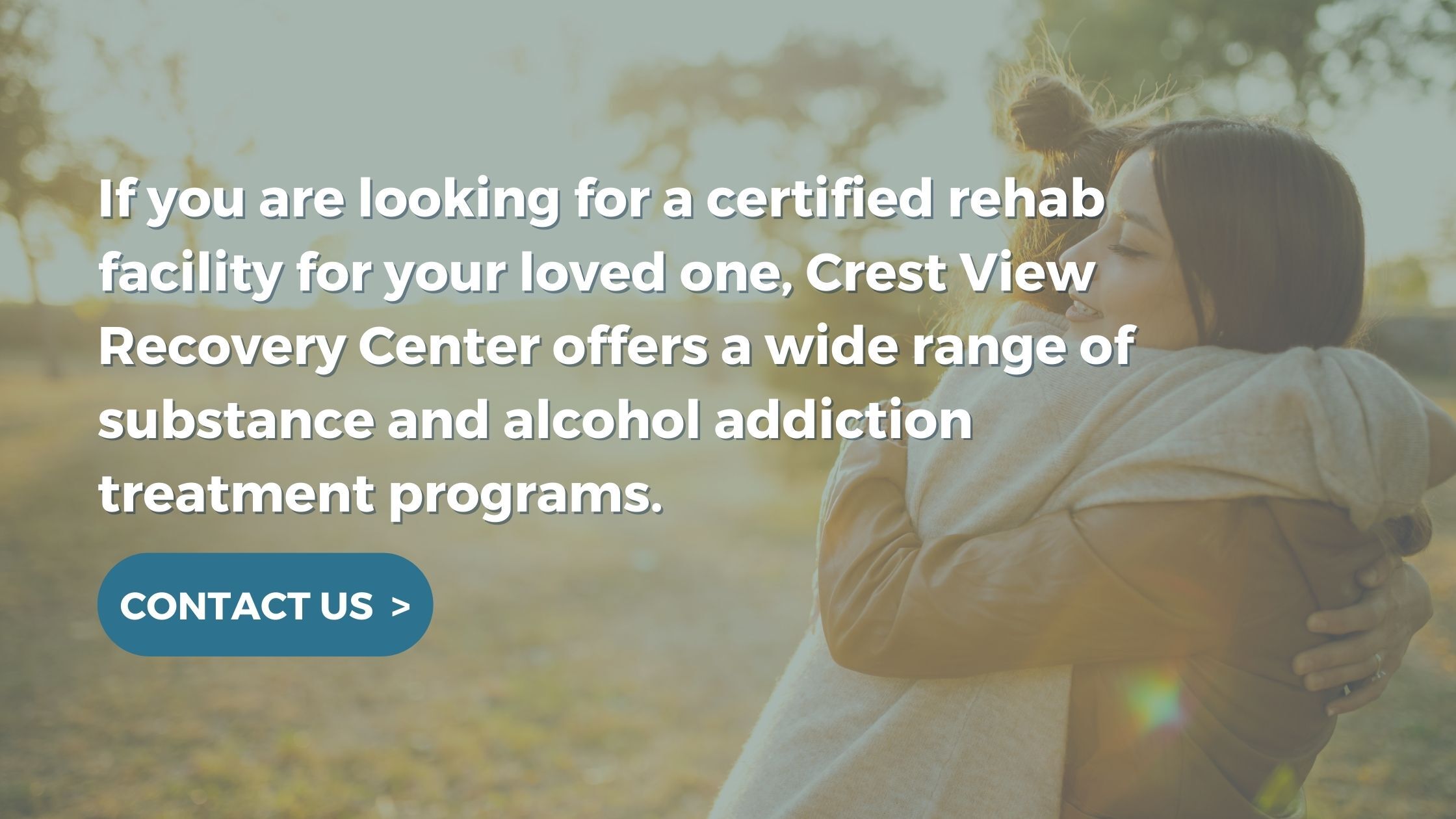Substance and alcohol addiction impacts not only the person in active addiction, but also everyone around them – loved ones, family, colleagues, and friends. Knowing that someone you care about is struggling with addiction can be distressing and heartbreaking. It can also result in anger and frustration.
Getting help for a family member with an alcohol or drug addiction is not easy. If you have to stage an intervention or ask the suffering family member to enter treatment, it means that they are either unaware of their substance misuse problem, or aware but refusing to seek treatment. With your support, they have a better chance of overcoming the addiction problem.
Concerned about a family member’s addiction problem but don’t know how to help them? If that is the case, you have come to the right place. In this article, we will guide you on the steps to take to get a family member to agree to get professional help in a competent rehab facility.
When Is Addiction Help Needed?
The first and most crucial step toward recovery from addiction is to identify the problem. According to a national survey conducted by the Substance Abuse and Mental Health Services Administration (SAMHSA), there were about 40.3 million Americans aged 12 years or older acknowledged that they needed treatment for substance use problems in 2020.
 However, most people suffering from an addiction problem are either in denial or unaware of the problem. Addiction develops gradually, often starting with substance misuse or in the case of prescription drugs, long-term use.
However, most people suffering from an addiction problem are either in denial or unaware of the problem. Addiction develops gradually, often starting with substance misuse or in the case of prescription drugs, long-term use.
Chronic use of alcohol and drugs raises the risk of the development of dependency. Dependence happens due to changes taking place in the person’s brain and body to accommodate the presence of foreign substances.
Dependence results in withdrawal symptoms when intake of the substance is significantly lowered or stopped. Withdrawal symptoms can be so unpleasant that the prospect of withdrawal can deter one from seeking treatment.
Addiction is a psychological and physical condition that involves the compulsive use of a substance despite the negative impact on all aspects of the person’s life. Exhibiting these signs is enough indication that a loved one suffers from a substance or alcohol addiction problem and needs intervention and help. Deciding when to get a family member into rehab is a judgment call and might require a second opinion from a health professional or other loved ones.
How to Hold a Family Intervention
Intervention is a pretty straightforward approach that can help a family member reach an informed decision concerning their addiction recovery options. Holding a family intervention for a loved one requires direct communication with the individual suffering from a substance use disorder (SUD).
This approach allows for an honest upfront conversation about addiction and how it affects the individual’s quality of life and the lives of those around them. Discuss specific harmful habits and the subsequent consequences during the intervention.
After adducing concrete evidence of the severity of the alcohol or substance use disorder, bring up the available addiction treatment options. While family intervention doesn’t force the individual to go to rehab, it might help them see the severity of the situation and to better understand their options.
A Step-To-Step Guide On How to Get a Family Member into Rehab
Now that we have discussed how to identify an addiction problem and how to hold a family intervention, let’s get into the steps you need to follow to convince your loved one to enter treatment.
Step 1: Recognizing the Signs of Addiction
Signs of addiction are often in plain black and white. From noticing a family member acting recklessly and dangerously to noticing a change in their behavior, you can tell when one is suffering from addiction.
Alcohol and substance addiction can lead to problems at work, home, and poor performance in school. If a family member is showing these signs, it is time for a family intervention.
Step 2: Finding Out if the Family Member is Open to the Idea of Rehabilitation
Once you have identified the signs of addiction in a loved one, the next step should be to find out if the person is open to the idea of entering rehab. If they are open to the idea, it is time to start planning and researching treatment options.
If they are not open to the idea and become hostile after suggesting rehabilitation, you should consider hiring a professional interventionist.
Step 3: Research Treatment Options
You want to find the best addiction treatment facility and plan for your loved one. When doing your research, consider the type of program and its services, length of the program, location of the rehab facility, treatment approach, and payment options.
Step 4: Discuss Logistical Options with Trained Counsellors
When determining how to get a family member into rehab, it is critical that you have all relevant logistical details worked out before holding a family intervention. Find out where they will stay, organize travel details, and arrange for rehab payment options in advance (often fully covered by their health insurance).
Having a predetermined plan helps avoid situations where the individual can come up with excuses why they cannot commit to rehab.
Step 5: Plan a Family Intervention
Talking to anyone, including a family member, about their addiction must be approached with care. You should know when to be firm and when to be sympathetic. Your actions and words will have a significant impact on the outcome of the intervention, so choose them carefully.
The family intervention should include a chosen rehab to allow the individual to enter the facility immediately after agreeing to addiction treatment.
Step 6: Express Love, Support, and Understanding
When talking with a family member who’s suffering from substance or alcohol addiction, always make sure that they feel supported. This is important because it helps them take recovery seriously. Picking a rehab facility with an understanding and empathetic staff is also critical.
Emotional support and regular communication from family and friends can make a significant difference in addiction recovery.
 Get Professional Addiction Treatment for Your Loved One Today
Get Professional Addiction Treatment for Your Loved One Today
If you are looking for a certified rehab facility for your loved one, Crest View Recovery Center offers a wide range of substance and alcohol addiction treatment programs. We treat drug addiction, alcohol addiction, dual diagnosis, and more. Our services include psychotherapy, trauma therapy, gender-specific group therapy, individual therapy, recreational therapy, experimental therapy, group therapy, and acupuncture. Call us at 866-986-1371 or fill out this contact form to get in touch with our addiction treatment professionals.




